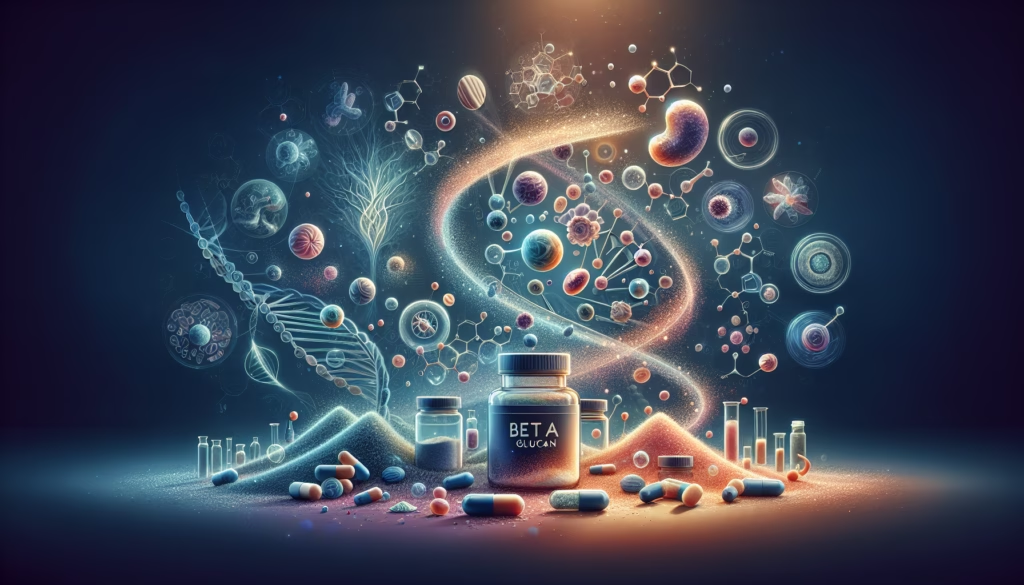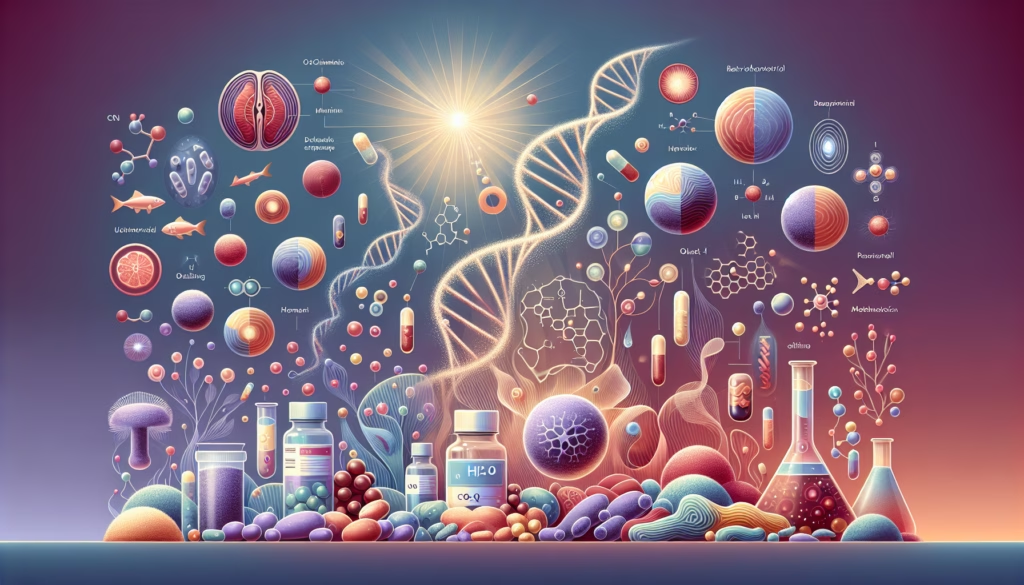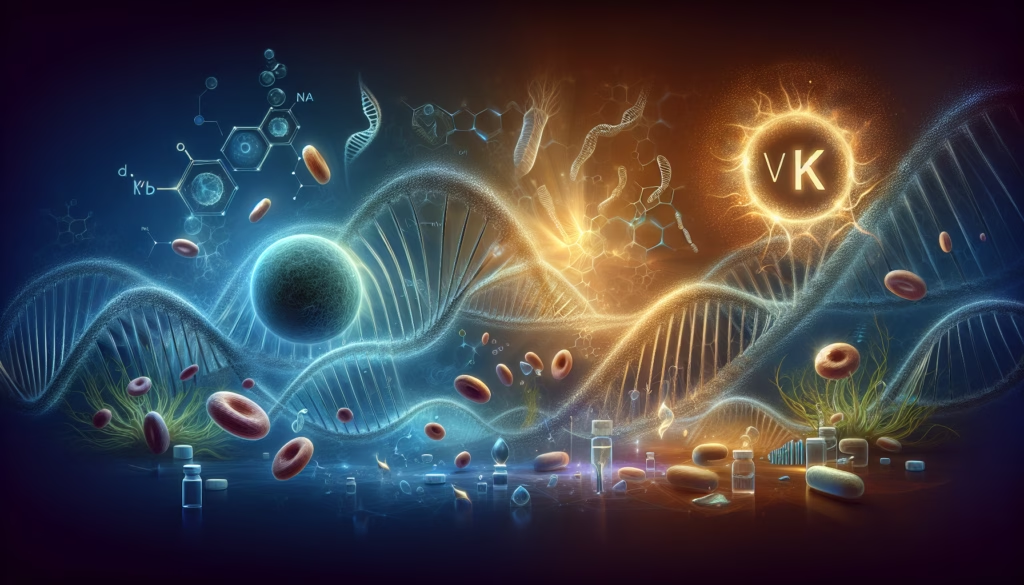
Beta Glucan
Discover the science-backed potential of beta glucan as an adjunct in cancer therapy. This post delves into the latest research
Click 
EGCG exerts anticancer effects through molecular mechanisms involving:
1. Apoptosis induction: Activates pro-apoptotic proteins (Bax) and regulates p53-mediated pathways.
2. Cell proliferation inhibition: Blocks receptor tyrosine kinases (EGFR, PDGFR) and downstream signalling (Akt/ERK).
3. Angiogenesis suppression: Reduces VEGF expression, impairing tumour blood vessel formation.
4. Epigenetic modulation: Inhibits DNA methyltransferases and alters histone acetylation, reactivating tumour suppressor genes.
5. Immune modulation: Enhances cytotoxic T-cell activity and reduces immunosuppressive MDSCs.
Anti-cancer properties include proven effects on breast, prostate, and pancreatic cancers via ROS modulation and apoptosis. Potential mechanisms involve mitochondrial dysfunction (metabolic theory) by disrupting energy metabolism and inducing oxidative stress.
Key findings:
Supporting documents:
Targeting Cancer Hallmarks with Epigallocatechin Gallate (EGCG): Mechanistic Basis and Therapeutic Targets
Epigallocatechin-3-gallate and cancer: focus on the role of microRNAs | Cancer Cell International | Full Text
Epigallocatechin-3-gallate therapeutic potential in human diseases: molecular mechanisms and clinical studies | Molecular Biomedicine
Preclinical studies use concentrations up to 100 μM in vitro.
The doses used in studies have ranged from 29.5 to 4,000 mg of EGCG per day. Most studies have shown no adverse effects at doses up to 800 mg per day.
Breast Cancer, Cervical Cancer, Colorectal Cancer, Liver Cancer, Lung Cancer, Ovarian Cancer, Pancreatic Cancer, Prostate Cancer, Thyroid Cancer
Some potential side effects of EGCG include:
These combination therapies highlight the potential of EGCG to enhance the effectiveness of existing cancer treatments and provide new avenues for research and clinical application.
Taking Epigallocatechin gallate (EGCG) can have several positive impacts on quality of life, especially due to its antioxidant and anti-inflammatory properties. Here are some potential benefits:
However, it’s important to note that the effects of EGCG can vary depending on individual factors, such as genetics and overall health.
We’ve done our best to include as much information as possible for this supplement.
If you have any other questions, please send us a message or join our Skool Group and ask our knowledgeable and friendly community.
You can find EGCG supplements in various forms, such as capsules, tablets, and powders, from numerous online retailers and health stores.
No specific data found in peer-reviewed literature.
Cancer cells can develop resistance to EGCG through various mechanisms, including:
These resistance mechanisms highlight the complexity of cancer treatment and the need for ongoing research to develop strategies to overcome them.
Some studies have identified genetic markers that may influence the effectiveness of Epigallocatechin gallate (EGCG) in cancer treatment. For example, research has shown that EGCG can modulate the expression of certain genes and signalling pathways involved in cancer progression, such as EGFR, NF-κB, and ROS pathways. Additionally, EGCG has been found to impact the genetic content of extracellular vesicles derived from triple-negative breast cancer cells, potentially altering their pro-inflammatory and senescence-inducing properties.
These findings suggest that individual genetic variations may play a role in determining how effective EGCG is for a particular patient. However, more research is needed to fully understand the relationship between genetic markers and EGCG’s effectiveness in cancer treatment.

Discover the science-backed potential of beta glucan as an adjunct in cancer therapy. This post delves into the latest research

Explore the emerging world of hydrogen gas (H₂), also known as Brown Gas, and its remarkable potential as an adjunct

Explore the latest scientific insights into vitamin K2 and its promising role in cancer therapy. In this comprehensive blog post,
Apoptosis, or programmed cell death, is a natural process where cells self-destruct when they are damaged or no longer needed. This is crucial for maintaining healthy tissues and preventing diseases like cancer.
Drugs and supplements that induce apoptosis help eliminate cancerous cells by triggering this self-destruct mechanism, ensuring that harmful cells are removed without damaging surrounding healthy tissue.
Understanding and harnessing apoptosis is vital in the fight against cancer, as it targets the root cause of the disease at the cellular level.
Cell proliferation is the process by which cells grow and divide to produce more cells. While this is essential for growth and healing, uncontrolled cell proliferation can lead to cancer.
Drugs and supplements that inhibit cell proliferation help prevent the rapid multiplication of cancerous cells, slowing down or stopping the progression of the disease.
By targeting the mechanisms that drive cell division, these treatments play a vital role in controlling and potentially eradicating cancer.
Cancer cells often hijack specific biological pathways to grow and spread. Drugs and supplements that target these pathways can disrupt the cancer cell’s ability to survive and multiply.
By focusing on the unique mechanisms that cancer cells use, these treatments can be more effective and cause fewer side effects compared to traditional therapies.
Targeting specific pathways is a key strategy in precision medicine, offering a tailored approach to combat cancer at its core.
Angiogenesis is the process by which new blood vessels form, supplying nutrients and oxygen to tissues. Cancer cells exploit this process to fuel their growth and spread.
Drugs and supplements that inhibit angiogenesis can effectively starve cancer cells by blocking the formation of these new blood vessels.
By cutting off the supply lines that tumors rely on, angiogenesis inhibitors play a crucial role in controlling and potentially shrinking cancerous growths.
Immunotherapy harnesses the power of the body’s immune system to combat cancer. By boosting or restoring the immune system’s natural ability to detect and destroy cancer cells, immunotherapy offers a targeted and effective approach to treatment.
Drugs and supplements that support immunotherapy can enhance the immune response, making it more efficient at identifying and attacking cancer cells.
This innovative approach not only helps in treating cancer but also reduces the risk of recurrence, providing a powerful tool in the fight against this disease.
Inflammation is the body’s natural response to injury or infection, but chronic inflammation can contribute to the development and progression of cancer.
Drugs and supplements with anti-inflammatory properties help reduce inflammation, thereby lowering the risk of cancer and other chronic diseases.
By targeting the inflammatory processes, these treatments can help maintain a healthier cellular environment and prevent the conditions that allow cancer to thrive.